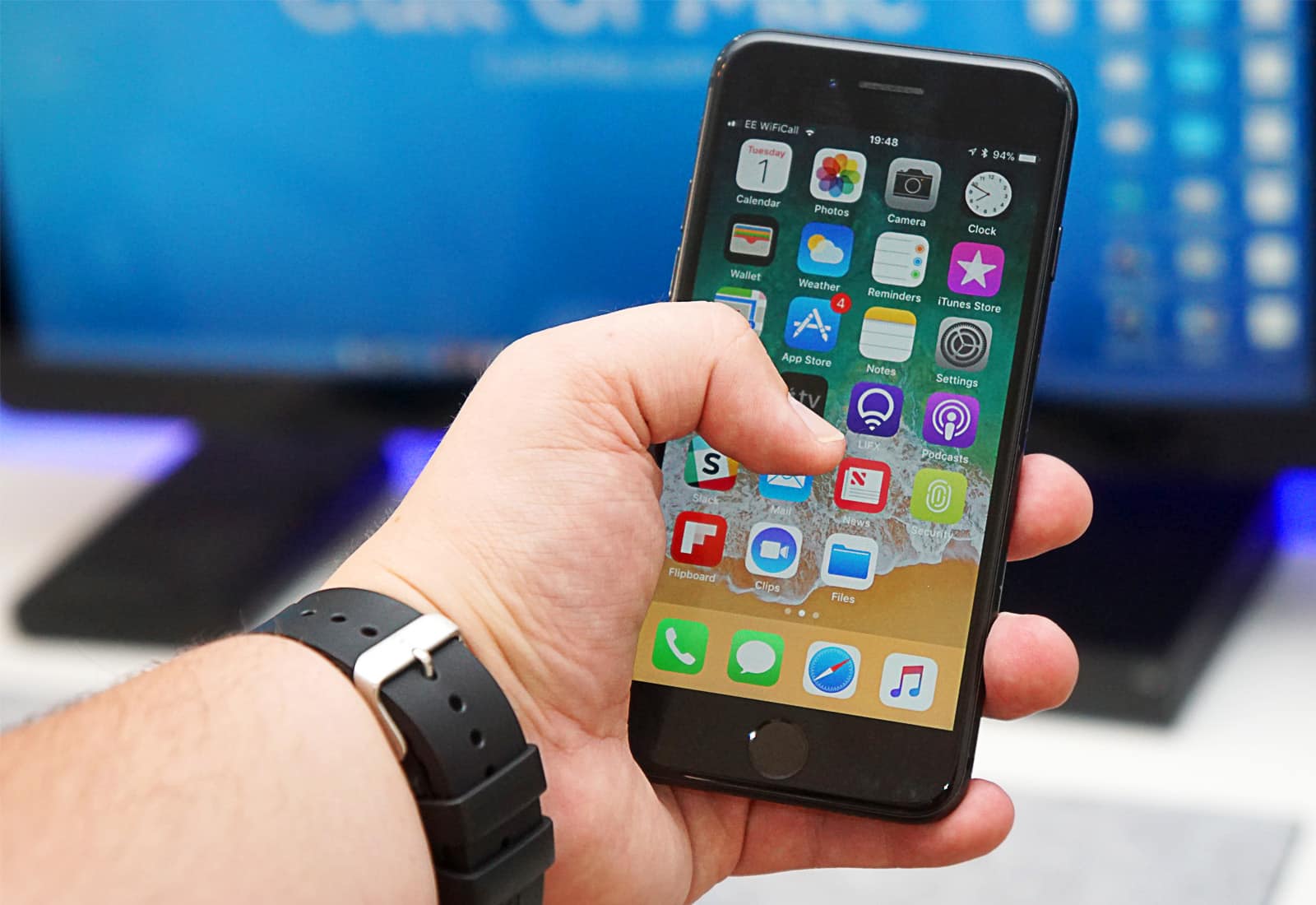South Korea’s broadcasting and telecom regulator, the Korea Communications Commission, wants an explanation from Apple as to why it purposely slowed down old iPhones.
“We are hoping to get some answers on whether Apple intentionally restricted the performance of old iPhones and tried to hide this from customers,” the KCC said in a statement.
The allegation is that Apple purposely defrauded customers by deliberately slowing down their old handsets without warning. The KCC’s powers are limited, though, since it has no jurisdiction over multinational firms. It cannot launch an official investigation, and may only seek an explanation from Apple.
This isn’t the first time that Apple has run afoul of South Korean investigators, however. The country’s Korea Fair Trade Commission has previously been accused of behaving in a protectionist manner, and has been known for, “slapping spurious charges on foreign companies.”
Recently, authorities in South Korea raided Apple’s offices in Seoul, one day ahead of the launch of the iPhone X. No exact reason has been made public, although it reportedly concerned Apple’s business practices in South Korea. (A less charitable reading may be that it related to how the iPhone X’s success could hurt Korea’s home brand, Samsung.)
At present, Korean lawmakers are proposing law revisions to regulate overseas-based tech firms, including Apple.
Slowing down older iPhones
Apple recently admitted to purposely throttling the performance of aging iPhones this week — but it’s not necessarily as bad as it sounds. In a statement made to TechCrunch, Apple said it lowers CPU performance on some iPhones to prolong their lifespan, not to shorten it:
“Our goal is to deliver the best experience for customers, which includes overall performance and prolonging the life of their devices. Lithium-ion batteries become less capable of supplying peak current demands when in cold conditions, have a low battery charge or as they age over time, which can result in the device unexpectedly shutting down to protect its electronic components.
Last year we released a feature for iPhone 6, iPhone 6s and iPhone SE to smooth out the instantaneous peaks only when needed to prevent the device from unexpectedly shutting down during these conditions. We’ve now extended that feature to iPhone 7 with iOS 11.2, and plan to add support for other products in the future.”
Since batteries get weaker as they age, Apple’s updates are an attempt to smooth out performance so it remains optimal throughout the battery’s life.
Source: TheInvestor.co.kr


